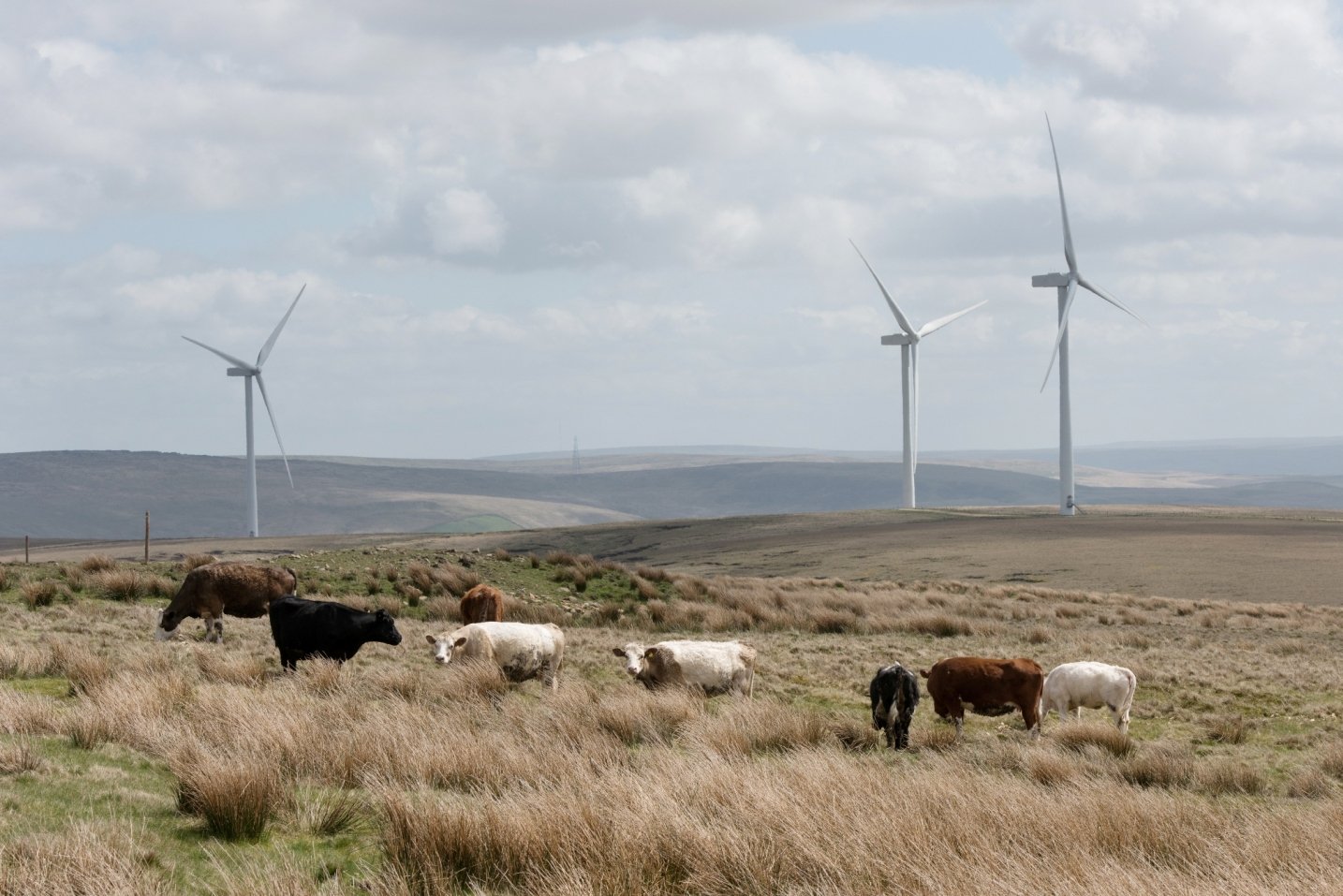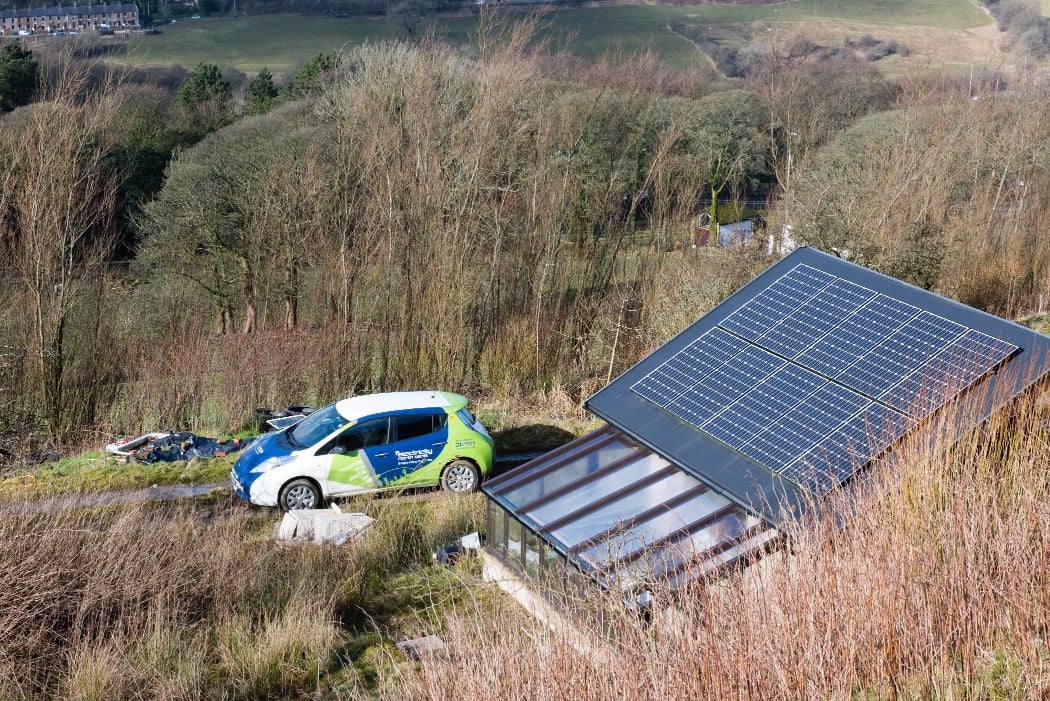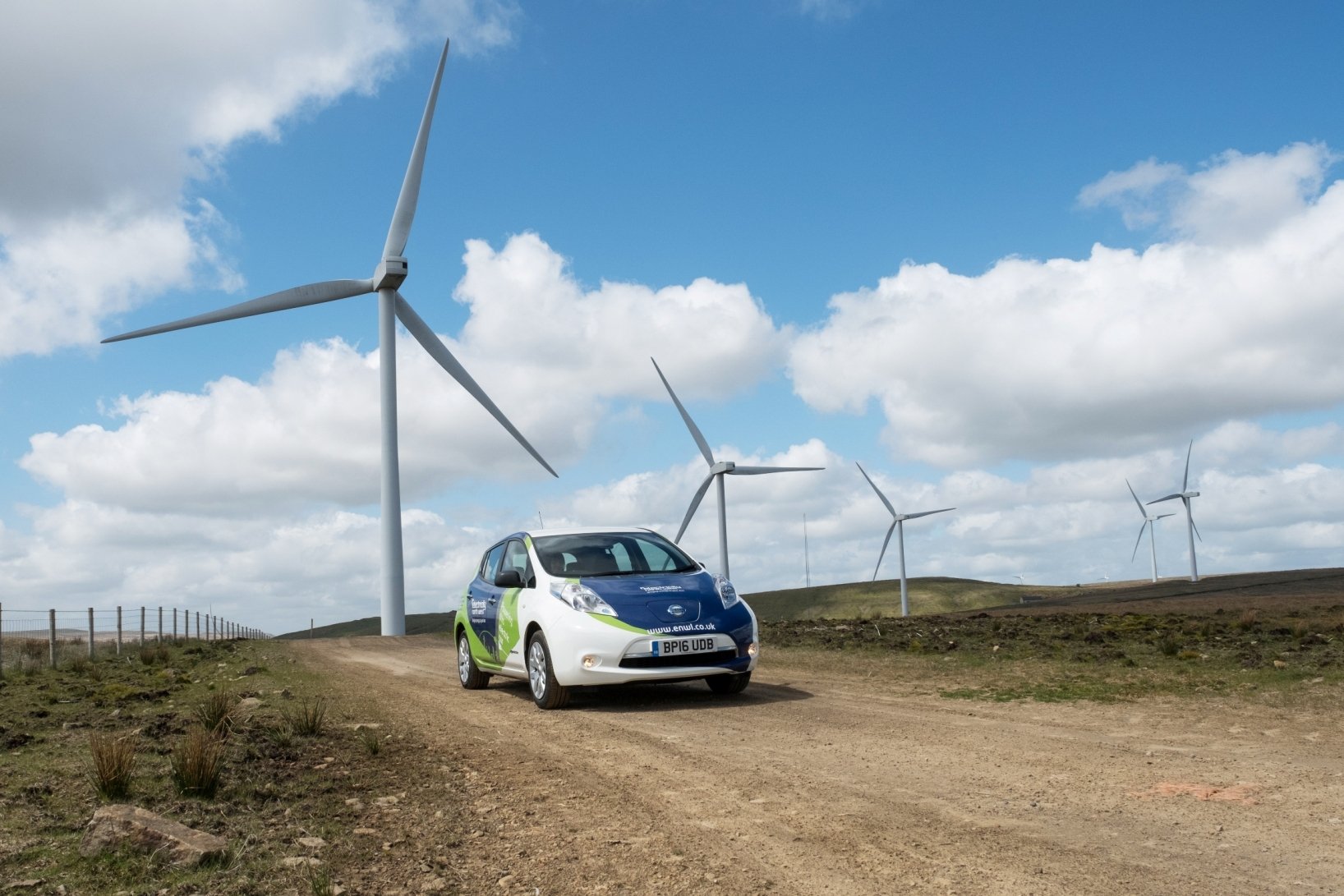Consumers demand a leading role in Britain’s energy infrastructure
Consumers demand a leading role in Britain’s energy infrastructure
New research reveals a desire for community and local energy but a lack of understanding.
As the sixth Community Energy Fortnight launches on 23 June, new research from Electricity North West reveals 70 per cent of British consumers believe they have a role to play in the UK’s energy infrastructure, but 55 per cent stated they did not know how to get involved. 
Commissioned to explore the British public’s understanding and interest in engaging with community and local energy, the survey of 1,413 UK consumers highlighted that only two per cent of people are actively participating in a community energy group, despite 63 per cent admitting they would be interested, if they could save money.
Steve Cox, Engineering and Technical Director at Electricity North West, commented: “Our energy landscape is evolving at a rapid pace and our communities will play an increasingly critical role in this evolution. It’s positive to see that almost three quarters of the British public share the same belief in terms of the contribution they can make to our energy infrastructure, but there’s clearly lots of work still to be done to ensure they understand how they can participate.”
When asked what aspects of community energy involvement appeal to them, the top motivator was money saving (63 per cent), followed by increasing energy efficiency (45 per cent) and reducing their carbon footprint (41 per cent).
Carbon Coop is a North West based Community Benefit society that works to help householders and communities make big reductions in their energy use and carbon emissions. Its CEO Jonathan Atkinson added: “While the changing energy sector presents significant opportunities for community and local energy groups to work with network operators, such as Electricity North West, a lack of understanding among consumers remains a large barrier as highlighted by this research.
“In those communities where local energy groups are already active, the benefits are tangible so we’re keen to continue our collaborative work to ensure more people can see the advantages community involvement can bring, not just locally, but nationally also. We’re understandably excited for the future of Britain’s energy infrastructure and the key role community and local energy groups will increasingly play in this.”
Alongside the research, Electricity North West has launched its Community and Local Energy Strategy, which sets out its vision for supporting the growth of community energy, a key strand of the organisation’s wider strategy for meeting the UK’s target of achieving an 80 per cent reduction in carbon emissions by 2050 and building a smarter and more flexible power network for the future.
Helen Seagrave, Community Energy Manager at Electricity North West, explained: “As an organisation, we are absolutely committed to the transition to a low carbon economy and as such, it’s vital that we play a central role in facilitating this transition both in the North West and across the UK.
“With communities at the heart of all that we do, we also want to support activities that directly benefit them, while protecting vulnerable customers and promoting energy efficiency.
 “Community and local energy groups will form a key part in this transition, and with close engagement, collaboration and innovation, together we can deliver a smart energy network and an infrastructure fit for modern Britain.
“Community and local energy groups will form a key part in this transition, and with close engagement, collaboration and innovation, together we can deliver a smart energy network and an infrastructure fit for modern Britain.
Electricity North West is one of the sponsors of this year’s Community Energy England’s conference. Jon Hall, Communications Officer, Community Energy England commented: “Electricity North West is taking the right approach in listening to and engaging with the community and local energy sector which has so much to offer as we transition to a decarbonised energy system. We are pleased that they are launching the strategy at the Community Energy Conference which kick starts the largest Community Energy Fortnight to date. There are over 150 events taking place across the country celebrating communities who are actively engaging with the energy system. There is a huge appetite for community energy initiatives and Electricity North West are demonstrating support for a movement at the forefront of the energy transition.”
Officially launched at the Community Energy Conference (23 June) following detailed stakeholder engagement, Electricity North West’s Community and Local Energy Strategy focuses heavily upon early engagement with community and local energy groups and the importance of collaboration and innovation.
The Strategy also outlines a plan that will enable Electricity North West to develop relationships and increase understanding of the challenges facing community and local energy groups to help deliver collaborative solutions. To increase the capacity and skills within the sector, Electricity North West has launched a series of workshops called ‘Community Connects.’
The Community and Local Energy Strategy proposes a call for innovation projects, helping to reduce the need for expensive network investment which would hit bill payers, and it also seeks to develop a response which addresses some of the financial issues community and local energy groups face while meeting its commitment to keeping costs down for all customers.
The network operator will also explore options for enabling groups to develop projects on its land, as well as buying community and local energy to support its overall strategy of increasing the amount of low carbon generation it uses as a business.
Helen concludes: “The launch of our Community and Local Energy Strategy is just the start of the process and we hope that this approach will set the foundations for the development of a smart and modern energy network, that can support the region’s needs now and into the future.”
In April, Electricity North West launched its vision for how it will help transform how energy is delivered across the North West, including community energy schemes. Replacing the traditional Distribution Network Operator (DNO) model, the report, ‘Powering the North West’s Future’, outlines the key roles and responsibilities of a smarter, more flexible Distribution ‘System’ Operator (DSO) and the challenges the industry faces in this transformation.
The new research also reveals that 59 per cent of people would like to learn more about community and local energy online, which supports Electricity North West’ Big Energy Conversation, which is an online hub aimed at getting the public actively engaged and switched on to the reality of energy consumption.